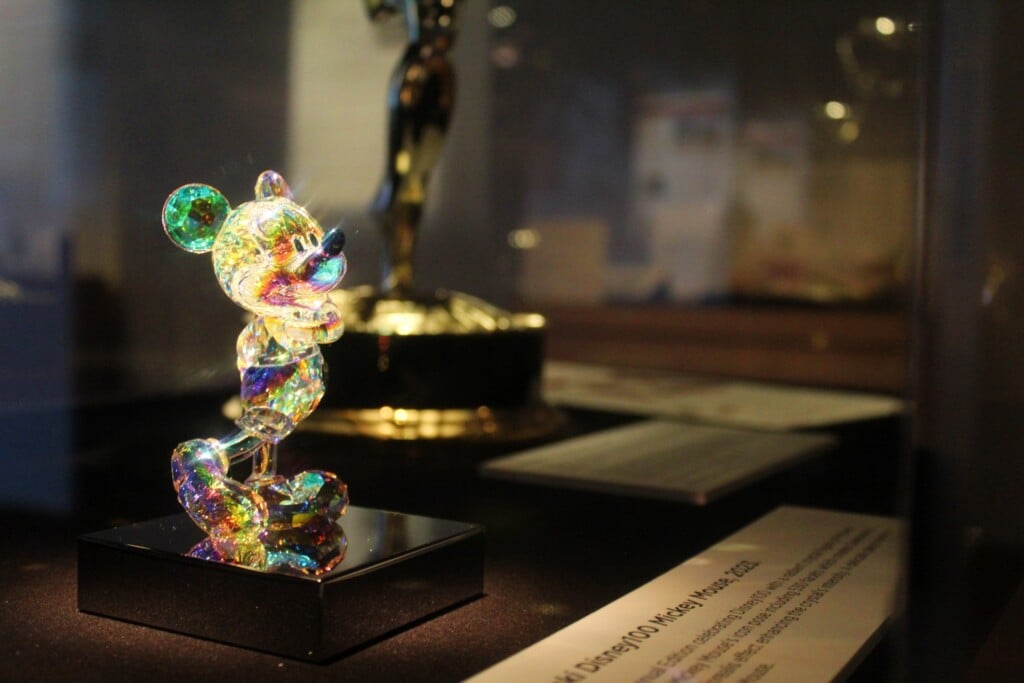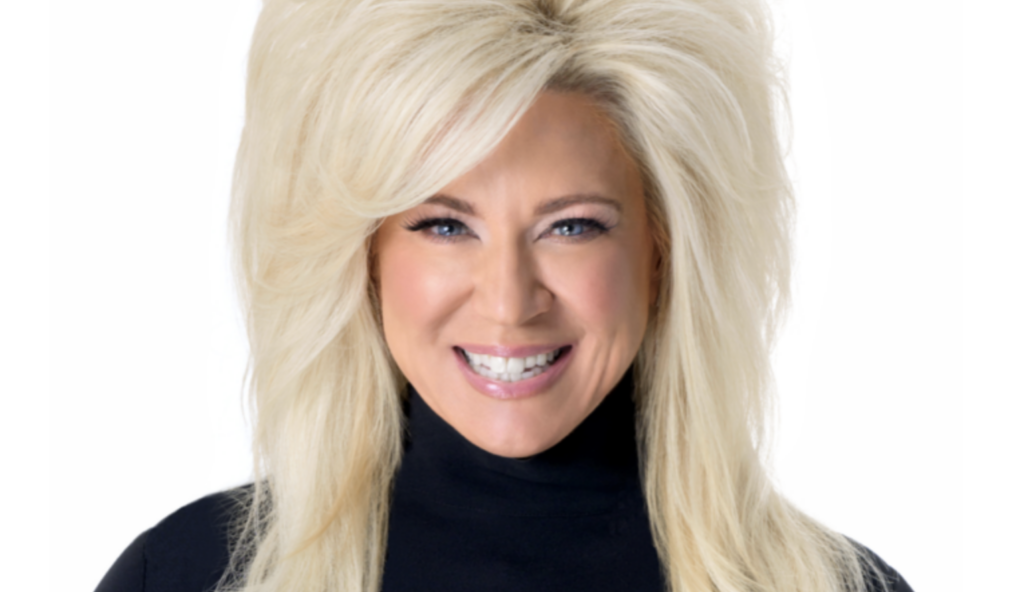One Holy Night
Every year, it starts earlier. We’re just staring down Thanksgiving, and already, everywhere I go, I hear those musty, grating chestnuts: conservative complaints about some liberal conspiracy to ban Christmas.
Nevermind that no liberal would ever come out against a day off work. And never mind that liberal conspiracies, as a rule, fail to get past the should-we-hold-a-garage-sale-or-a-bake-sale? meeting. What’s alarming about the anger stirred by this idjit myth is how spectacularly misplaced it is. Christmas has been damned near ecumenical since the ’60s; a couple of ACLU cases notwithstanding, this is more the fault of what Charlie Brown would call “commercial syndicates” fattened on fourth-quarter profits than a muscular, God-hating left.
So, let me tip off any concerned traditionalists as to what libs truly feel: You can cram all the Jesus you want into Christmas. But, Lord, would you start taking the Wal-Mart out?
In the interest of disproving the evergreen anti-liberal canard, I pounced on the first Christmas-carol throwdown KC had to offer this year — pretty brave for a good lefty who wants only to make it through each season without hearing “Jingle Bell Rock.”
I’m pleased to report back favorably. The show is Quality Hill Playhouse’s Christmas in Song, a rousing, savior-centric cabaret. Hatched by J. Kent Barnhart — director, pianist, bass and dryly funny master of ceremonies — this year’s holiday revue is split between a holy first half and a wholly secular second. Each offers many highlights and is blessed with sterling arrangements, Barnhart’s tasteful accompaniment and a (mostly) fresh crop of songs.
The godly half stirs more deeply, thanks to richer harmonies and the majesty of most of the songs. What makes traditional carols valuable is that they offer many of us our only connection to music older than recording technology. In these gorgeous renditions of “O Come Emmanuel” or “O Tannenbaum” — a tune normally worth fleeing but here fired with feeling — we hear actual mystery and joy. Standing out in the contemporary half are two chunks of Vince Guaraldi’s A Charlie Brown Christmas, with Barnhart’s solo turn on “Linus and Lucy” somehow sad and rollicking all at once.
As always, Barnhart has tapped superior voices. Jolly tenor Matt Leisy brings a light touch to his solos and harmonizes beautifully with alto Melinda MacDonald (who smiles radiantly and handles even the trickiest bits with a sophisticated ease) and Stacey Uthe, a top-drawer soprano. I’d love to catch Uthe singing in a bar sometime, just to see whether the wineglasses survive. Because her powerful voice is too much for most mortal songs to bear, Uthe cuts loose only occasionally, but each time she does, the air tingles about her.
Sometimes the show sinks into pop-classical glop, as it does when Barnhart crossbreeds “The First Noel” with Pachelbel’s Canon or during an “Ave Maria” that — despite Uthe’s performance — finds little new in a tired piece. Later, I fretted through a cutesy P.D.Q. Bach medley that everyone else seemed to love.
But even though A Christmas in Song is all the caroling I’ll need this year, I was disappointed to see it end. For me, the chief highlight (among a half-dozen moments worth celebrating) was a medley climaxing with “O Holy Night,” a hymn already as sturdy and aspiring as Europe’s great cathedrals. It’s rarely this lovely, and I would advise anyone convinced that Christmas ain’t for the left to chew on these lyrics: His law is love/And his gospel is peace … in his name all oppression shall cease.
Didn’t Kucinich run on that platform?
Christmas aside, Quality Hill’s shows reflect nostalgia for an era mostly passed: that of the middlebrow urbane sophisticate, a time when Cole Porter reigned and a man in a suit meant a man with a job instead of a schmoe with an interview.
A few blocks south of Quality Hill Playhouse, at Bar Natasha, cabaret is younger, hipper and a lot drunker, reflecting not only this nostalgia but also the do-it-yourself aesthetics of punk and — someone has to say it — karaoke. On Tuesdays’ regular open-microphone event at Bar Natasha, theatrical types sing with Marilyn Wood’s piano, and between vocal performances we’re treated to soul-warming oddities such as the love theme from Superman: The Movie. Those more inclined to leave the entertaining to the pros can try, say, Heather Price’s or Missy Koonce’s charming song-and-drinks shows on Friday and Saturday nights.
Last week, youngish theater vet Justin Van Pelt hauled his own cabaret act, Lessons to Learn, out of Bar Natasha and into the Just Off Broadway Theater. At first I worried that this looser form of the art might go down better with a drink, but Van Pelt was way ahead of me, lugging a box of Franzia when he returned from intermission. The lanky, likable singer — with accompanist Daniel Doss, who’s always worth following — winningly ran through a handful of Broadway’s “girl songs,” drawing from recent shows such as Avenue Q and reaching back to Pippin and Into the Woods. Helping on a pair of duets was the electric Jessalyn Kincaid, still good at everything she does.
Van Pelt is scruffy, buzz-cut and tremendously appealing, and his ripped jeans were topped with a jacket and tie. Like his clothes, his show is both casual and ambitious: a Doss arrangement of an Edna St. Vincent Millay poem, and then, toward the end, Kermit the Frog’s “Rainbow Connection” crooned to a squirrelly toddler cousin. He sings to serve the songs, mostly, only turkey-cocking on a freaked-out “My Funny Valentine” that plumped the veins in his forehead. Muppets, show-tunes, wine-in-a-box — all good fun. Thirty years from now, will Quality Hill be nostalgic for this?




